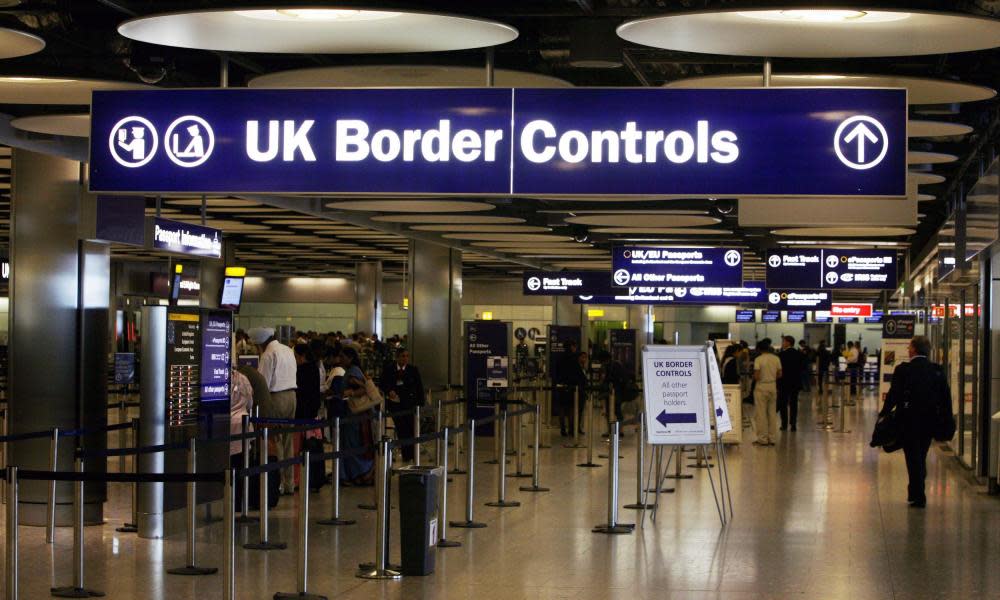Customs declarations to treble after Brexit – leaving staff struggling

Customs declarations are expected to more than treble after Brexit while immigration officials face making more than double the number of decisions, Whitehall’s official spending watchdog has found.
As Theresa May’s government prepares to leave the EU, the National Audit Office has warned that the extra workload will come as staff numbers at the border are being cut and increasing reliance on outdated technology.
Meg Hillier, the chair of the public accounts committee, said the report underlines the sheer scale of the task ahead for the Home Office and cast doubt over the government’s ability to cope.
“The government can’t even get started on many of these challenges until we have progress on the exit deal.
“Add to that the Home Office’s poor track record with projects like e-borders and for all the government bluster about Brexit it’s difficult to see how, practically, it will be able to deliver any of these huge changes in time.”
In a 30-page report released on Friday, auditors have painted a bleak picture of Britain’s readiness by the time the UK breaks away from the EU in March 2019.
If the existing entry regime for non-European Economic Area nationals is extended to all EEA arrivals, auditors said UK Visas and Immigration will need to make 230% more decisions a year.
If customs declarations are required for trade between the UK and EU, the total number could increase by 360%, from the £55m currently made on non-EU trade to £255m, the report said.
The need to carry out biosecurity and standards checks on livestock, food and other goods could add to officials’ workload, the report said.
Auditors wrote: “The number of decisions that have to be made over whether to permit people and goods to cross the border could increase significantly (potentially 230% and 360% respectively) through the need to make decisions on traffic from the EU.”
“It may require bespoke processes for managing the land border with Ireland and the replacement of (or significant changes to) border services currently provided by European member states.”
New digital services are due to be introduced at the border for passport holders and customs declarations to replace outdated systems. But given the government’s track record rolling out other new IT systems, auditors warn that both face severe challenges.
The report points out that border force staff have been cut by 4% over the last four years and could “struggle to deal with the training, workforce, financial and prioritisation challenges involved in managing so many changes to its business in a short space of time”.
Auditors said any changes to border management requires time and help from multiple government departments.
“Our previous work shows that some changes to border management processes cannot be made without significant lead times and their successful implementation may require action from many parts of government and industry.
“The government will therefore need to make reasonable planning assumptions and take action where necessary to allow the border to be managed effectively from March 2019.”

 Yahoo News
Yahoo News 
